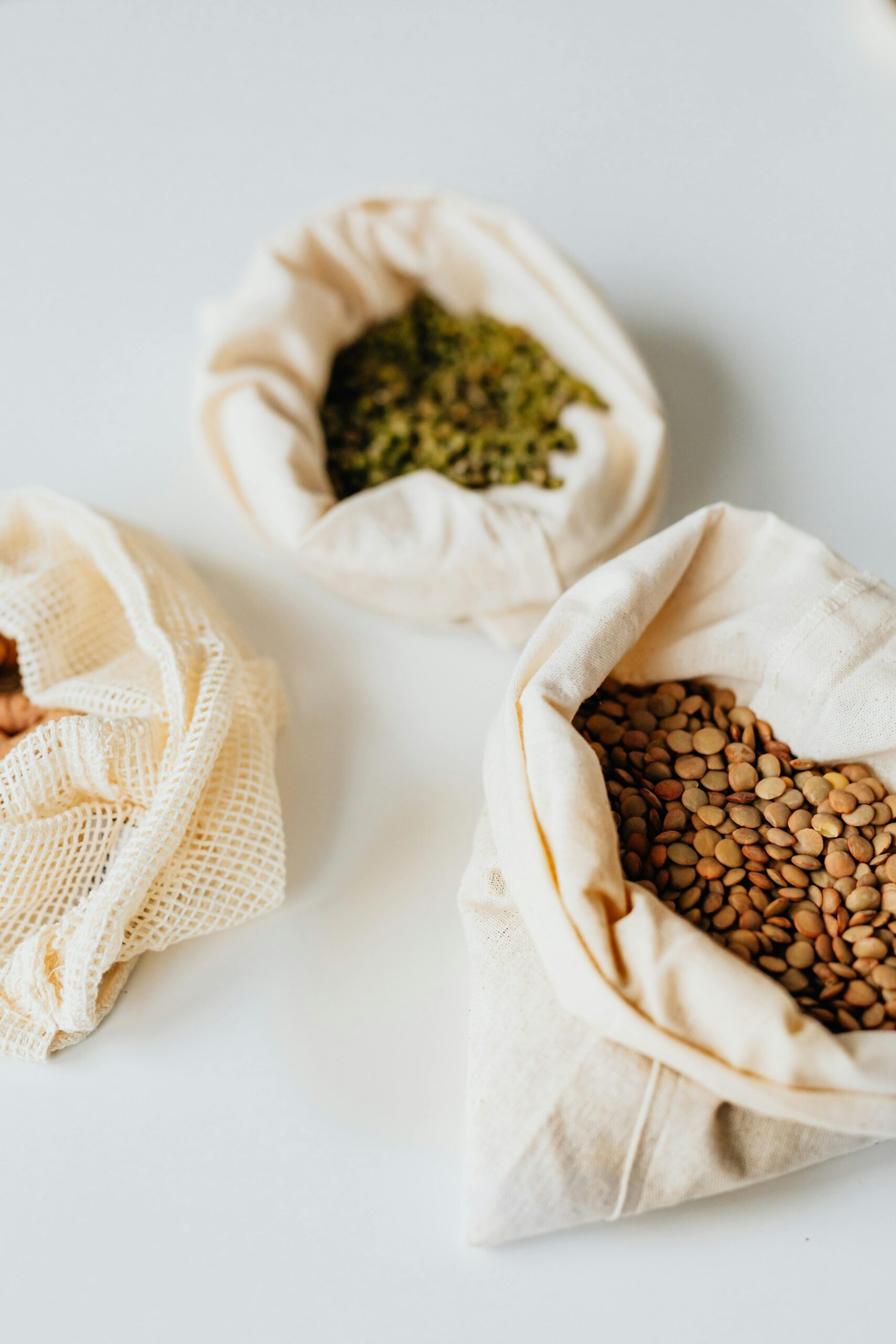Exploring the Benefits of Pea Protein as a Plant-Based Supplement
As more people embrace plant-based diets and seek sustainable, allergen-friendly nutrition, pea protein has emerged as a popular supplement choice. Extracted from yellow split peas, pea protein offers a compelling blend of nutritional benefits and versatility. Its rising demand is fueled by its high protein content, digestibility, and environmental advantages over animal-based proteins. This article delves into the unique properties of pea protein, exploring its nutritional profile, health impacts, environmental sustainability, and culinary adaptability. Understanding these aspects can help consumers and health enthusiasts make informed decisions about incorporating this herbal powerhouse into their diets, whether for muscle building, weight management, or overall wellness.
Nutritional Profile and Digestibility
Pea protein is renowned for its robust nutritional profile. It typically contains about 20-25 grams of protein per serving, providing all nine essential amino acids, although it is slightly low in methionine. Notably, pea protein boasts a rich concentration of branched-chain amino acids (BCAAs) like leucine, isoleucine, and valine, which are crucial for muscle repair and growth. Unlike some plant proteins, pea protein is highly digestible, with a digestibility-corrected amino acid score (PDCAAS) similar to animal-based proteins. This makes it an excellent option for individuals seeking efficient protein absorption without digestive discomfort often associated with other legumes or grains.
Health Benefits Beyond Muscle Building
Beyond providing quality protein, pea protein has several health-supporting properties. It is naturally low in allergens, making it a safe alternative for those with dairy or soy sensitivities. Research indicates that pea protein may aid in reducing blood pressure, improving heart health by lowering LDL cholesterol levels, and supporting weight management by promoting satiety. Furthermore, pea protein contains iron in a form that is relatively well absorbed by the body, contributing to better energy levels and reduced fatigue. Its anti-inflammatory effects may also help mitigate chronic diseases, positioning pea protein as a functional food beyond simple supplementation.
Environmental Sustainability of Pea Protein
From an environmental perspective, pea protein stands out as a sustainable protein source. Peas have a low carbon footprint compared to animal protein production, requiring less water and land. They also enrich the soil by fixing nitrogen, reducing the need for synthetic fertilizers, which benefits crop rotations and soil health. By opting for pea protein, consumers support agricultural practices that are better for the planet, aligning with growing concerns about climate change and environmental degradation. Incorporating plant-based proteins such as pea protein into diets helps reduce overall ecological impact, making it a conscientious choice for eco-aware individuals.
Versatility and Culinary Applications
One of the reasons for pea protein’s popularity is its versatility in food preparation. It has a mild, neutral taste and a fine texture that blends easily into shakes, smoothies, baked goods, and even savory dishes. Pea protein can serve as a base for plant-based meat alternatives, dairy-free yogurts, and protein bars, offering a flexible ingredient for both commercial food production and home cooking. Its solubility and ability to form gels make it useful for creating various textures, catering to diverse dietary preferences and innovation in food products.
Informed Choices for a Healthier Lifestyle
Considering the combination of high-quality nutrition, health-promoting properties, environmental sustainability, and culinary flexibility, pea protein emerges as a compelling option for anyone looking to enhance their dietary protein intake. It bridges the gap between nutritional efficacy and ecological responsibility without sacrificing taste or convenience. Whether you’re an athlete aiming to optimize muscle recovery, someone managing dietary restrictions, or a conscious consumer prioritizing the planet’s health, pea protein offers a practical and effective solution. Embracing plant-based supplements like pea protein contributes to a balanced, sustainable, and wellness-focused lifestyle.
